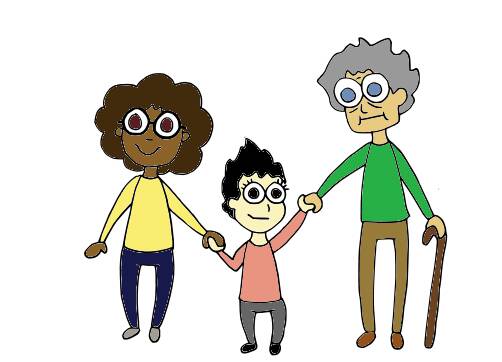53 Respectful and Inclusive Language
The field of nursing is orientated toward social justice, so it is important to be attentive to the power and use of language. Use respectful and inclusive language that is not oppressive.

Figure 5.3: Respectful and inclusive language
Labels are words and phrases that describe and categorize people in ways that are overpowering and demeaning. Labels can be used as tools to oppress or subjugate populations and reduce persons to their pathology. See Table 5.4 for examples of inclusive language that can replace labelling language.
Table 5.4: Labelling and inclusive language
| Labelling language | Inclusive language |
|---|---|
|
The demented patient |
The person living with dementia |
|
The autistic child |
The child living with autism |
|
The psych patient |
The client with a mental health disorder |
Some language can be demeaning based on its connotative value (e.g., a feeling or idea attached to a word). Words have denotative and connotative meanings. A denotation is the dictionary or literal definition of a word. A connotation is the cultural meaning or feeling or idea attached to a word—it can be positive, negative, or neutral. For example, vagrant and homeless have the same denotative meaning, but vagrant has a negative connotation. Thus, in scholarly writing, you should use the word homeless instead. Consider your word choices carefully based on the connotative meaning of a word. Check out Film Clip 5.1 about denotative and connotative languages.
Film Clip 5.2: Denotative and connotative language [1:53]
Student Tip
Scholarly Language
To decide whether you are using scholarly language, ask yourself: Does it take an expert to understand what you’re trying to convey? If so, is your audience composed of experts? Is your language a reflection of how you would like to be perceived professionally? Are complex terms well-defined in your paper? Could someone take offense to your use of words?

